Dr. Mohammad Mehdi Mazaheri – University Professor
However, after the attack occurred and certainly after it ended, the level of regional diplomatic efforts and consultations subsided to some extent. Of course, this reduction is somewhat justifiable and could be due to waiting for the situation to stabilize and a reassessment of regional calculations. Furthermore, following the attack, Iran’s military and security priorities shifted toward strengthening military deterrence and enhancing defensive preparedness. It also seems that the failure of mediation efforts by countries such as Oman, Saudi Arabia, Iraq, and Qatar to prevent the attack by the Israeli regime, and the “seemingly involuntary” participation of Iraq and Qatar in this aggression, were essential and serious factors in undermining the Iranian diplomatic machine’s trust in these diplomatic channels for genuinely resolving the crisis. Under such circumstances, it is somewhat natural for the focus to have shifted from active regional diplomacy to deterrent policies. Nevertheless, it seems that the approach of regional countries, especially Saudi Arabia, and their regional activities should not fall outside the monitoring scope of the country’s diplomatic apparatus. It is necessary to utilize all existing regional potentials to achieve the objectives of foreign policy and national interests.
Among these, the role and position of Saudi Arabia are significant, and it is no secret to analysts in the field of international relations that this country has, in recent years, adjusted its foreign policy with a focus on reducing tensions and promoting active diplomacy in the global and regional arenas. After ending the disgraceful war in Yemen and moving past the Khashoggi murder crisis, this country has tried to repair its damaged image and thereby help its economic growth. In this regard, its officials have attempted to change Saudi Arabia’s role from an interventionist and notorious military-security actor to a peace-seeking and respectable regional balancer by focusing on economic and technological projects, as well as a fundamental shift in foreign policy approaches. The main approaches of this country in recent years to achieve this goal have been:
- Reducing Tension with Iran and Developing Relations
While Iran-Saudi relations had reached the point of serious tensions and its officials openly supported creating unrest and insecurity in Iran, Saudi officials assessed this policy as contradictory to their goal of economic growth and shifted towards reducing tension with Iran. This approach, which began with the Beijing Agreement in 2023, has been strengthened in the last two years through positive diplomatic exchanges between the two sides. Saudi Arabia’s goal with this policy is to mitigate potential threats and foster a stable environment for implementing its ambitious economic projects, particularly within the framework of Vision 2030.
2 . Paving the Way for the Possibility of Relations with the Israeli Regime
Although the process of normalizing relations with the Israeli regime faced challenges due to the Gaza war and the Israeli regime’s boundless crimes in that strip against the Palestinian people and civilians, Riyadh still views it as a strategic goal if possible. Despite wanting to receive security and economic concessions from the US and benefit from the advantages of potentially normalizing relations with the Israeli regime, Riyadh avoids rushing this matter. To preserve its image domestically and among Islamic countries, it strives to join the Abraham Accords under conditions where it can show that rapprochement with the Israeli regime is not betrayal but a tool to advance the Palestinian cause, thereby strengthening the Crown Prince’s legitimacy. Accordingly, Saudi Arabia has set preconditions for this normalization, such as the establishment of a Palestinian state, and tries to play a more active role in peace negotiations and, if possible, assume leadership of Islamic countries in this area.
- Mediating Regional Crises
Saudi Arabia has emerged as an active mediator in regional crises over the past year. In 2023, it hosted negotiations between the warring parties in the Sudan. Riyadh also made efforts to mediate and establish a ceasefire in Gaza. It publicly emphasized support for the formation of an independent Palestinian state. However, due to the complexity and depth of this crisis, its mediating role in this case has not been very prominent. Its main priority has been to maintain its cautious stance towards the Israeli regime and the US. Saudi Arabia has also sought to increase its global influence by mediating in key conflicts, including US-Iran nuclear negotiations and Russia-Ukraine peace efforts. - Economic Diplomacy
Riyadh, recognizing that economic stability can lead to political stability, has prioritized economic diplomacy. Massive investments in countries like China, the US, the UK, Iraq, Syria, and Egypt, as well as expanding trade relations with African countries, are part of this strategy. The government is also seeking to attract foreign direct investment from countries such as China, India, and the United States to Saudi Arabia itself, to achieve its economic goals under Vision 2030. The goal of all these activities is to become a hub for a rent-free economy and diversify its income sources. Saudi Arabia wishes to position itself as a key player in the evolving architecture of global digital infrastructure. Accordingly, it has made heavy investments in developing submarine cable routes, data centers, and cloud computing cooperation with global technology companies. Saudi Arabia is also actively participating in discussions about AI governance, cybersecurity norms, and reviewing technology investments, which shows how, from the perspective of Saudi decision-makers, economic policy and strategic ambitions are intertwined. - Developing Relations with Global Powers
While maintaining its traditional relations with the United States, Saudi Arabia has simultaneously continued to boost ties with China and Russia. This multi-dimensional approach allows it to leverage one power against others when necessary and gain more strategic independence. Participation in organizations like BRICS is an example of this policy. - Internal Reforms
In the realm of domestic policy, Saudi Arabia is heavily focused on projects of social and economic change. Internal stability is crucial for the success of major projects like NEOM and for attracting foreign investment; therefore, Saudi officials strive to present an image of a modern and stable government that is reliable to international partners.
In summary, Saudi Arabia’s approach over the past year suggests a shift from a confrontational policy to a more balanced and cooperative one. By understanding the region’s geopolitical complexities and the requirements of the global power structure, it has attempted to rebuild its foreign policy, particularly its regional approach, thereby securing its security and long-term interests.
Considering all that has been said above, it seems necessary to utilize the shift in Saudi positions to the benefit of the country’s national interests and security in the post-war period.
The geographical location and economic structure of the Strait of Hormuz make Saudi Arabia and other Persian Gulf countries highly vulnerable to any escalation of tension between the Israeli regime and Iran. Any renewed military confrontation between Iran and the Israeli regime would threaten not only energy flow but also the security of trade and investment in the region. Canceling or rerouting flights, increasing sea freight rates in the Persian Gulf and the Oman Sea, and increasing electronic disruptions affecting ship navigation systems throughout the Persian Gulf, among other factors, could turn the dream of Saudi Arabia and other regional countries for economic growth and development into an unattainable mirage.
Therefore, at the current juncture, the interests of Iran and the Arab countries of the Persian Gulf region, especially Saudi Arabia, are aligned; hence, it is necessary to resume regional consultations and dialogues to strengthen resilience and help establish a more stable regional order, and to make Saudi Arabia and other emerging middle powers in the region focus their influence on enhancing peace and security in the region and prevent another war from breaking out in the Persian Gulf.
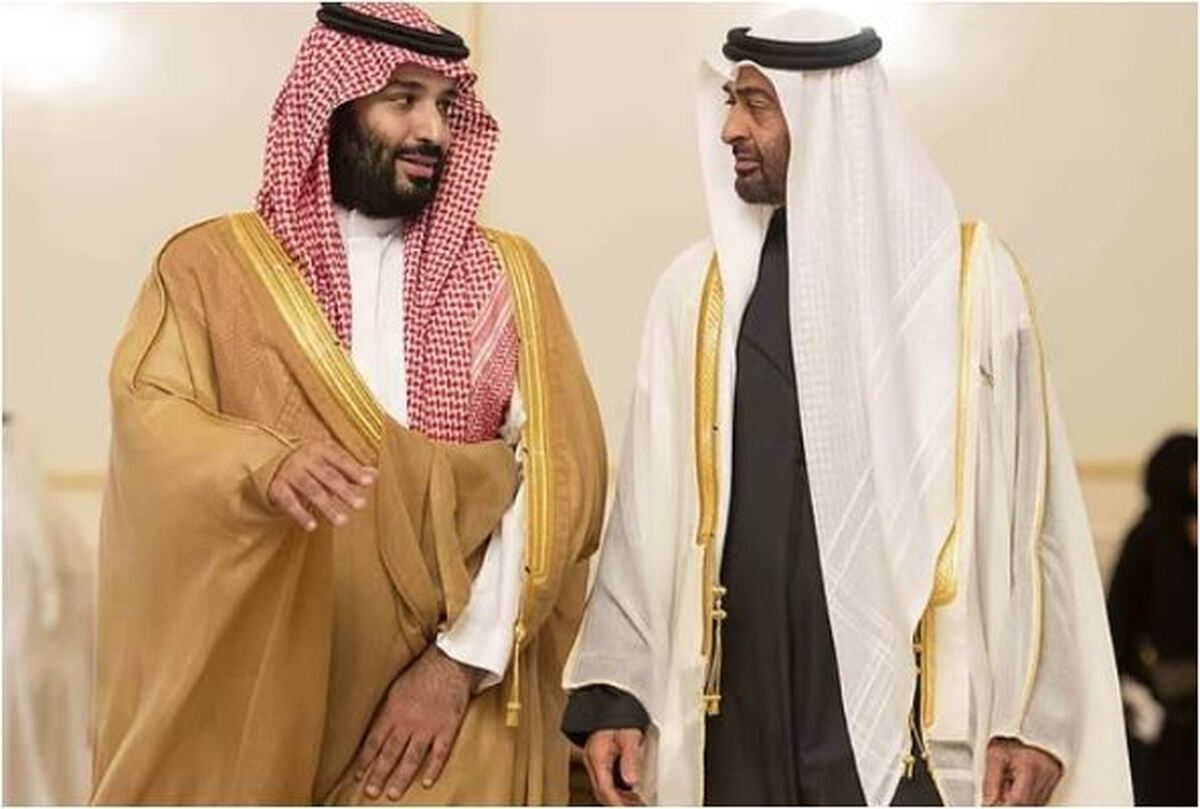



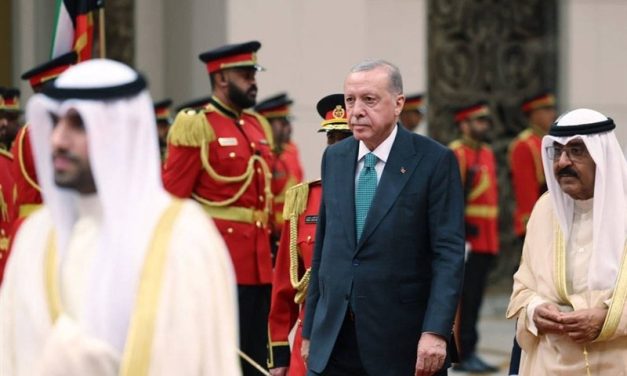
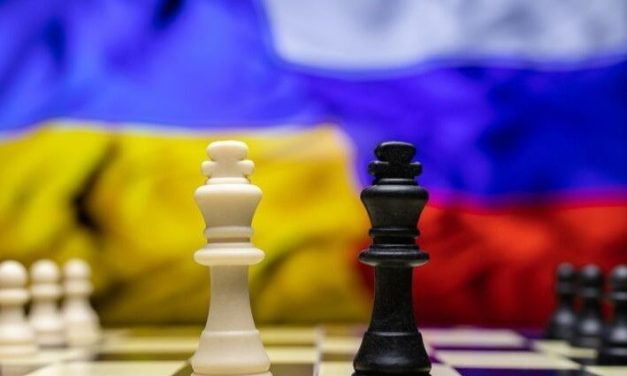
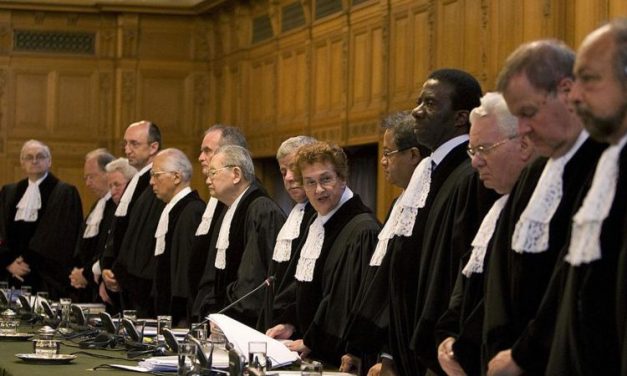
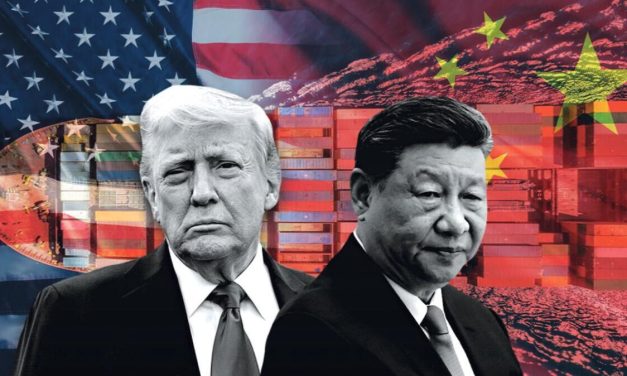
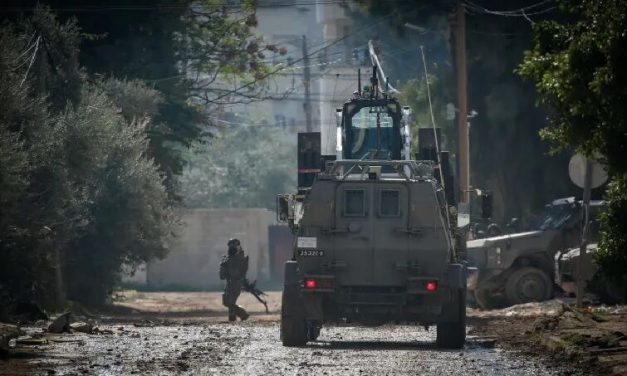

0 Comments